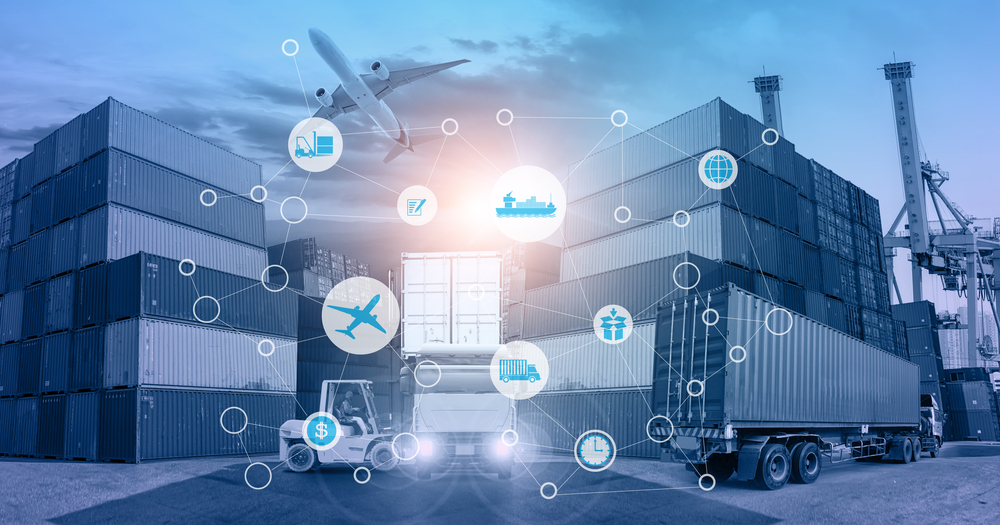As the country went under complete lockdown in March, people didn’t expect the impact of COVID-19 to be so devasting on the economy. The virus shuttered many businesses and forced organizations to announce a slew of cost-cutting measures. Now that the government and businesses have started working towards combating the crisis, the revival of supply chain and logistics will play a crucial role in reviving the economy. How do you see the role of supply chain leaders in revival of the organization and the economy and what would be the immediate action points?
While there are early signs of recovery for businesses and the overall economy, however the uncertainties are going to be a norm from here on. Supply chain leaders will need to create contingency plans to handle day-to-day business operations to mitigate bottlenecks, delays and increasing costs.
Supply planning will be a key factor, with faster planning cycles and shorter timeframe for demand forecasting. Supply chain leaders would also consider shifting away from long-haul trade and move supplies closer to the consumption points.
Does the current crisis also present an opportunity to quickly effect positive changes in sectors and areas that were otherwise considered difficult to penetrate, and your thoughts on supply chain as a strategic asset for successful organizations?
Supply chain management has been a significant strategic tool for organisations striving to improve quality, customer service or competitive success.
During the current pandemic, Logistical considerations has played a strategic role in business.
Supply chain leaders have used this opportunity to rethink and redesign logistical models and supply dependencies.
Many have started localising supply chains, while others are trying to diversify across different geographies, together with digitalizing the supply chains for a resilient future.
Startups have been booming in India like never. Their solutions have been rapidly transforming businesses across all domain. How do you see the contribution of startups in the supply chain domain?
 Supply chain start-ups in India mostly emerged with the onset of Ecommerce industry and it helped fill up the gaps in the otherwise fragmented and unorganised industry. Further, the grant of infrastructure status to logistics has made it easier for investment inflows and has become a major growth driver for the industry.
Supply chain start-ups in India mostly emerged with the onset of Ecommerce industry and it helped fill up the gaps in the otherwise fragmented and unorganised industry. Further, the grant of infrastructure status to logistics has made it easier for investment inflows and has become a major growth driver for the industry.
The new-age start-ups are powered by technological advancements and use of which has enabled them to drive efficiency and lower costs, as well as pursue various business opportunities.
Today the start-ups are gaining ground across value chain – be it express cargo, cold chain logistics, warehousing, trucking industry, or any other sub-segment. It will be imperative for them to continuously innovate and keep adopting new age technologies to rise up to global standards.
What are the top 5 trends that you think will keep supply chain & logistics business ahead of the curve in 2020?
I think this pandemic has only accelerated the pre-existing trends in supply chains.
Digitization and technology advancements will continue to redefine the supply chain and logistics landscape in 2020 and the years to come. Risk mitigation planning will take a critical place in overall supply planning. Sourcing will move from globalization to regionalization, if not localisation. Diversification of supply chains would be crucial for more resilience. Re-designing of processes – creating smart and nimble supply chains capable of weathering future storms.
As a supply chain leader, how do you foresee the growth of supply chain digitation in India?
What this lock-down has also taught us, is how to drive efficiency through technology.
In the near future, Digitalization is going to be the big game changer. It will make the entire supply chain more transparent, flexible and agile.
Organizations will evaluate extent of digitalization they need in order to harness optimal benefits. With the adoption of new technologies, in robotics, data analytics, IoT, automation, cloud computing & GPS tracking etc., organisations would be able to make faster and smarter decisions.



